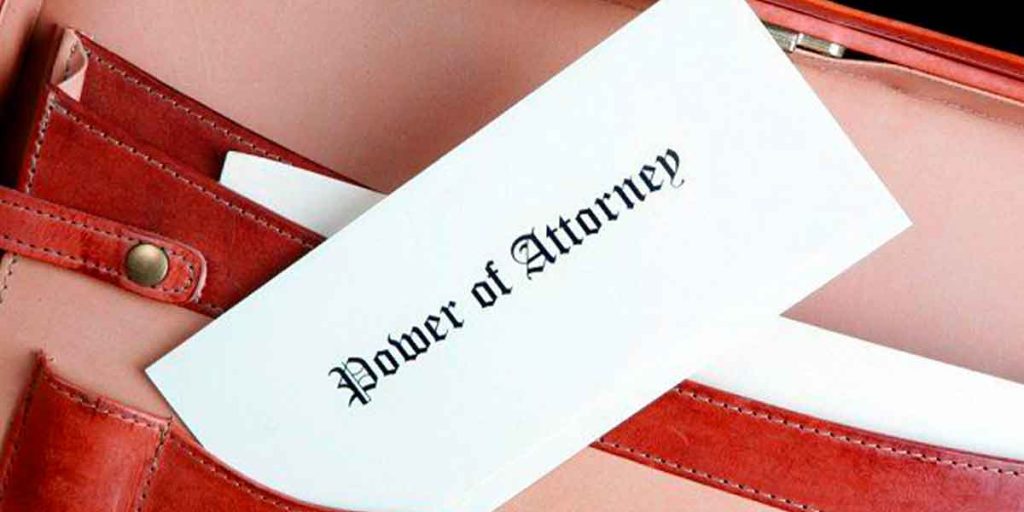What is a power of attorney?
For so many reasons different persons appoints other persons to act on their behalf at certain points. This means they give their power of attorney to this person they appoint. A power of attorney (POA) simply put, is a legal document in which you choose or appoint someone not necessarily a legal practitioner, to act and make decisions on your behalf.
The jurisdiction in which this appointed person (attorney-in-fact) is allowed to make decisions is decided by the principal. And the power of attorney document authorizes the agent or person to make decisions on behalf of the principal in such areas.
Some terms:
The principal: The person that wishes to appoint another person on his behalf is referred to as the principal
Attorney-in-fact: This term is used to refer to the agent or person who was appointed to act on behalf of the principal. It is worthy to note that the attorney-in-fact does not necessarily have to be a legal practitioner.
Reasons to create a power of attorney in New York
There could be an event of you being incapacitated maybe due to age or illness like dementia which might lead to memory loss or any other condition. This may render you totally unfit to handle and manage your own affairs. In such scenario, what happens to your estate? Will there be a trusted hand on ground which can make decisions regarding your health or finance to your best interest?
In the case of a health condition, probably you are under life support system, will you burden your family members and love ones with the tough decision of whether or not to pull the plug?
Power of attorney is a very essential document that is included when planning your estate. It makes provisions for eventualities. It names the person to make decisions on your behalf either at death or in a situation of incapacitation.
There are two major reasons for creating a power of attorney.
1. Making medical and personal decisions on behalf of the principal
In a situation where the principal is sick and is unable to make medical decisions regarding his or her own health, the attorney-in-fact is expected to make decisions on the principal’s behalf as he (the principal) would have done This kind of power of attorney is also sometimes referred to as healthcare proxy—that is, putting your healthcare into someone else’s hands.
Some of the decisions the attorney-in-fact can make regarding this case include:
- What kind of medical care the principal receives
- Where they receive the care
- Which doctor and care provider attend to the principal
- Where the principal resides for their long-term care
- Feeding
- Bathing, washing, and other personal care.
2. Making financial decisions on behalf of the principal
When the principal is unable to make decisions regarding his finance anymore, the attorney-in-fact becomes responsible for:
- Making investment decisions for the principal
- Making sales
- Cashing out profits
- Filing taxes
- Paying the principal’s bills
- Paying the principal debts using their funds
- Applying for Medicaid and veterans benefits as the case may be.
Types of powers of attorney
Limited power of attorney (conventional POA)
This kind of POA takes effect when created and stops when the principal becomes mentally incapacitated. It is often very specific, probably authorizing the attorney-in-fact to act on the principal’s behalf whenever the principal is abroad.
Durable POA
This type of power of attorney continues being in effect even when incapacity hits.
Springing POA
This type of attorney only becomes effective at the occurrence of a particular event like incapacitation.
What happens if you don’t have a power of attorney
Getting a POA while you still can is very important because
At your death or in a situation of incapacitation, your loved ones might be in confusion as there will be no one to make the calls
Your estate might be at risk of mismanagement as even your spouse reserves no right to make legal decisions on your behalf
Get help from an attorney near you in New York
There are state laws and requirements binding the validity of your power of attorney document.
To ensure your document complies with New York laws and that your POA is the type befitting your situation, call our estate planning attorneys today for expert assistance.









